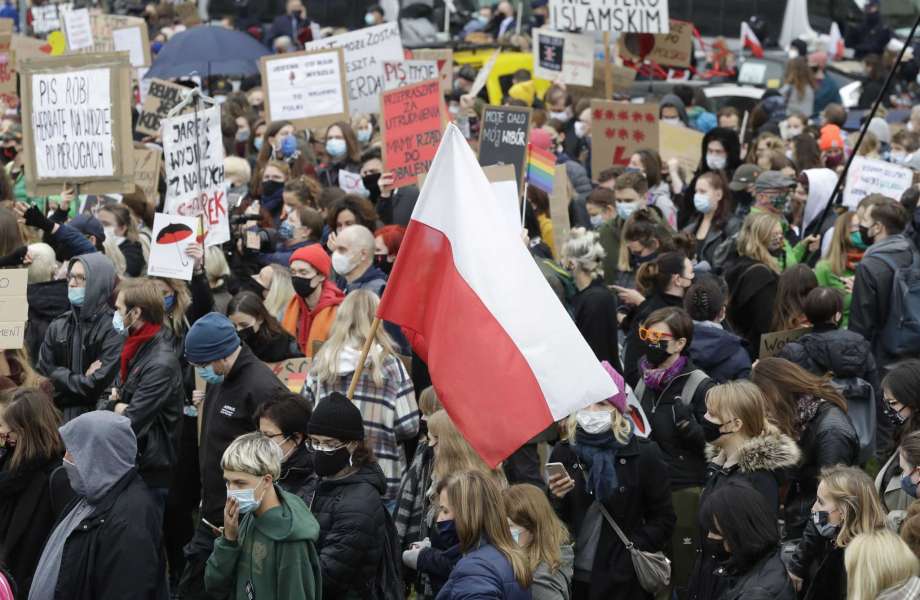Buhari Calls For Caution In Implementing ECOWAS Single Currency
President Muhammadu Buhari has urged ECOWAS member countries to tread carefully in pushing for a single currency in the sub-region by 2020.
Mr Femi Adesina, the President’s Special Adviser on Media and Publicity, said Buhari stated this at the 4th meeting of the Presidential Task Force on the ECOWAS Currency Programme, in Niamey, Republic of Niger.
The President drew attention of ECOWAS member countries to the challenges faced by the European Union in realising the same goal.
According to him, the necessary economic fundamentals among countries continue to differ over the years, making it more difficult to pull through with the project by 2020.
“Nigeria advises that we proceed cautiously with the integration agenda, taking into consideration the above concerns and the lessons currently unfolding in the European Union.
“To that end, Nigeria will caution against any position that pushes for a fast-track approach to monetary union, while neglecting fundamentals and other pertinent issues,’’ he said.
The Nigerian leader noted that some of the obstacles to realising the roadmap for the implementation of a single currency include diverse and uncertain macro – economic fundamentals of many countries and unrealistic inflation targeting based on flexible exchange rate regime. According to him, inconsistency with the African Monetary Co-operation Programme is another obstacle to the realisation of the roadmap.
The President said domestic issues in ECOWAS member countries relating to their constitutions and dependence on aids continue to affect the framework for implementing the single currency in the sub-region.
He observed that the ECOWAS Commission had anchored its pursuit of the new impetus to monetary integration on the information presented to the Heads of State, which were the basis for their recommendations.
He said: “We are concerned that we have not properly articulated and analyzed a comprehensive picture of the state of preparedness of individual countries for monetary integration in ECOWAS by 2020.
“In previous meetings, we had specifically raised observations on the state of preparedness of the member states, the credibility of the union if anchored on watered down criteria, and the continuing disparities between macroeconomic conditions in ECOWAS countries, amongst others. And I would like to reiterate this concerns.’’
The President Buhari told the Heads of State that the conditions that pushed Nigeria into withdrawing from the process in the past had not changed.
“Nigeria had earlier withdrawn from the process because its key questions and concerns were ignored and till date, none of the issues has come up as an agenda issue to be considered by the Taskforce.
“Consequently, the Roadmap, which did not involve widespread consultation with national stakeholders, is not sufficiently inclusive,’’ he added.
Buhari, therefore, suggested a thorough review of the convergence roadmap and the constitution of an expert committee on each of the subject areas to come up with acceptable time frame, defined cost and funding sources identified.
“This should also consider stakeholders such as the Ministries of Finance, Customs, Parliamentary groups, Tax Authorities, Immigration authorities to achieve comprehensiveness,’’ he said.
The President said there should be a push towards ratification and domestication of legal instruments and related protocols, while fiscal, trade and monetary policies and statistical systems, which had not gone far, could be harmonized.
He noted that the West African Economic and Monetary Union (UEMOA) countries should make a presentation on a clear roadmap towards delinking from the French Treasury.
He also advised an examination of the African Union position on the same issue, which the African Central Bank Governors, in line with the African Union programme of monetary convergence, recommended a convergence deadline of 2034 for the establishment of Regional Central Banks in all sub-regions.
In his remarks, the President of the ECOWAS Commission, Marcel Alain de Souza, said the single currency for the West African sub-region was a laudable and historical project.
He, however, regretted that the project had taken too long to be actualized.
The President said the creation of a Central Bank for the West Coast would accelerate the process.
According to him, Nigeria constitutes more than 70 per cent of the GDP of the West African region, with a population of 180 million, and would play a significant role in facilitating the process of realising a single currency for the sub-region.
Member-countries of the ECOWAS Task Force on Common Currency are Nigeria, Cote d’Ivoire, Ghana and Niger.





